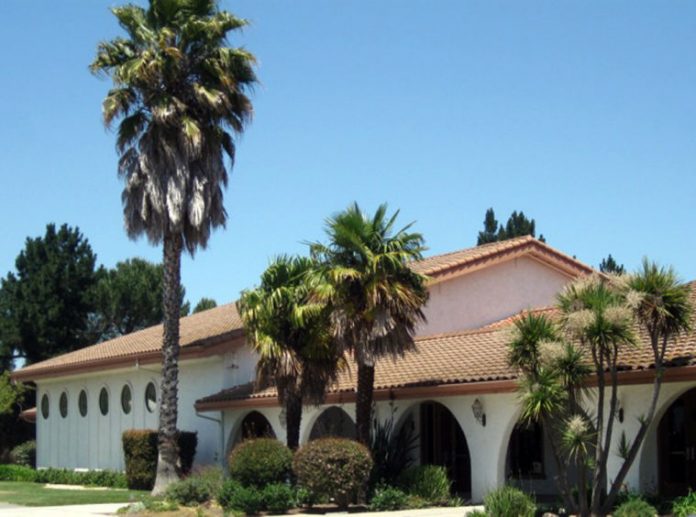
Fall is the traditional time in the northern hemisphere to celebrate God’s blessings and express gratitude for successful harvests. As our nation’s “chief annual ceremony of American civil religion,” Thanksgiving has had an interesting history.
Students learn early that the Plymouth Colony settlers held the first American Thanksgiving celebration in November 1621. After their first successful harvest, the colonists invited members of the local Native American tribe and the feasting lasted for three days.
In succeeding years the holiday was observed only sporadically. Each colony (and later, state) followed its own whim as to when to celebrate a day of thanksgiving, or whether to celebrate it at all.
In 1789, during his first year as President, George Washington proclaimed Thursday, Nov. 26 as a day to thank God “for all the great and various favors which he has been pleased to confer upon us.” And in that same year the newly-formed Episcopal Church (now separated from the Church of England) included among the official Holy Days in its prayer book the instruction: “In November the first Thursday shall be observed as a Day of Thanksgiving to Almighty God for the fruits of the earth and all other blessings of His merciful providence.”
But there was no real consistency in celebrations of Thanksgiving until a magazine editor, Sarah Josepha Hale, began a crusade in 1827 to establish a national day devoted to giving thanks to God. In 1862, Abraham Lincoln issued a proclamation making Thanksgiving a national holiday, observed on the last Thursday of November. Lincoln’s choice became the traditional date until the Great Depression.
In 1939, a group of businessmen convinced President Franklin D. Roosevelt to move the day to the third Thursday, thereby creating a longer Christmas shopping season. When FDR chose the earlier date again the following year, Congress rebelled. A Joint Congressional Committee Resolution in 1941 moved the observance to the fourth Thursday, and it is now a legal holiday in all states and U.S. possessions.
However, there is another aspect to early Thanksgiving observances that is neglected today: prayers of penitence. According to the Rev. Frank Logue, Washington’s proclamation asked the nation to “beseech Him [God] to pardon our national and other transgressions.”
In 1863, Lincoln’s proclamation that inaugurated the modern holiday asked the citizens “with humble penitence for our national perverseness and disobedience commend to His tender care all those who have become widows, orphans, mourners or sufferers in the lamentable strife in which we are engaged, and fervently implore interposition of the almighty Hand to heal the wounds of the nation.”
Father Logue goes on to write, “Adding a prayer for forgiveness is what makes it possible for us to separate out the good gifts God has given us from the real pain and suffering we cause one another.” Perhaps we can appreciate our blessings more if we realize how undeserved they are.
At 7 p.m. Wednesday, Nov. 27, there will be an ecumenical Thanksgiving Eve worship sponsored by Advent Lutheran Church, Morgan Hill United Methodist Church and Gilroy United Methodist Church led by clergy of all three congregations at 16870 Murphy Ave., Morgan Hill. Worshipers are invited to bring non-perishable groceries for donation to Reach Out, the local hunger relief agency; monetary contributions will be sent to the ELCA World Hunger Appeal to support hunger relief through food distribution and longterm sustainable development. The service will be followed by a pumpkin pie fellowship. For more information call (408) 779-3551.
Chuck Flagg is a retired teacher with a passion for religion. Reach him at cf****@**********rs.com.









